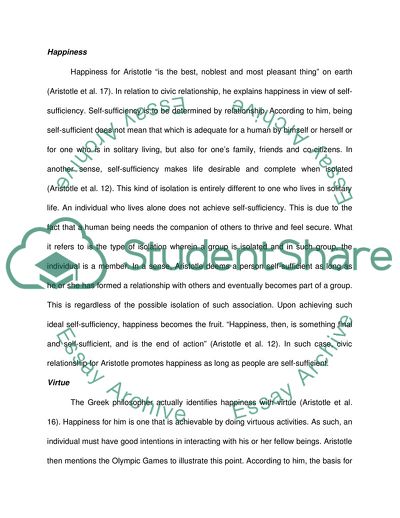Cite this document
(Aristotle on Civic Relationship Case Study Example | Topics and Well Written Essays - 2000 words, n.d.)
Aristotle on Civic Relationship Case Study Example | Topics and Well Written Essays - 2000 words. Retrieved from https://studentshare.org/social-science/1741905-paper-on-aristotle-and-relationships-at-work
Aristotle on Civic Relationship Case Study Example | Topics and Well Written Essays - 2000 words. Retrieved from https://studentshare.org/social-science/1741905-paper-on-aristotle-and-relationships-at-work
(Aristotle on Civic Relationship Case Study Example | Topics and Well Written Essays - 2000 Words)
Aristotle on Civic Relationship Case Study Example | Topics and Well Written Essays - 2000 Words. https://studentshare.org/social-science/1741905-paper-on-aristotle-and-relationships-at-work.
Aristotle on Civic Relationship Case Study Example | Topics and Well Written Essays - 2000 Words. https://studentshare.org/social-science/1741905-paper-on-aristotle-and-relationships-at-work.
“Aristotle on Civic Relationship Case Study Example | Topics and Well Written Essays - 2000 Words”. https://studentshare.org/social-science/1741905-paper-on-aristotle-and-relationships-at-work.


